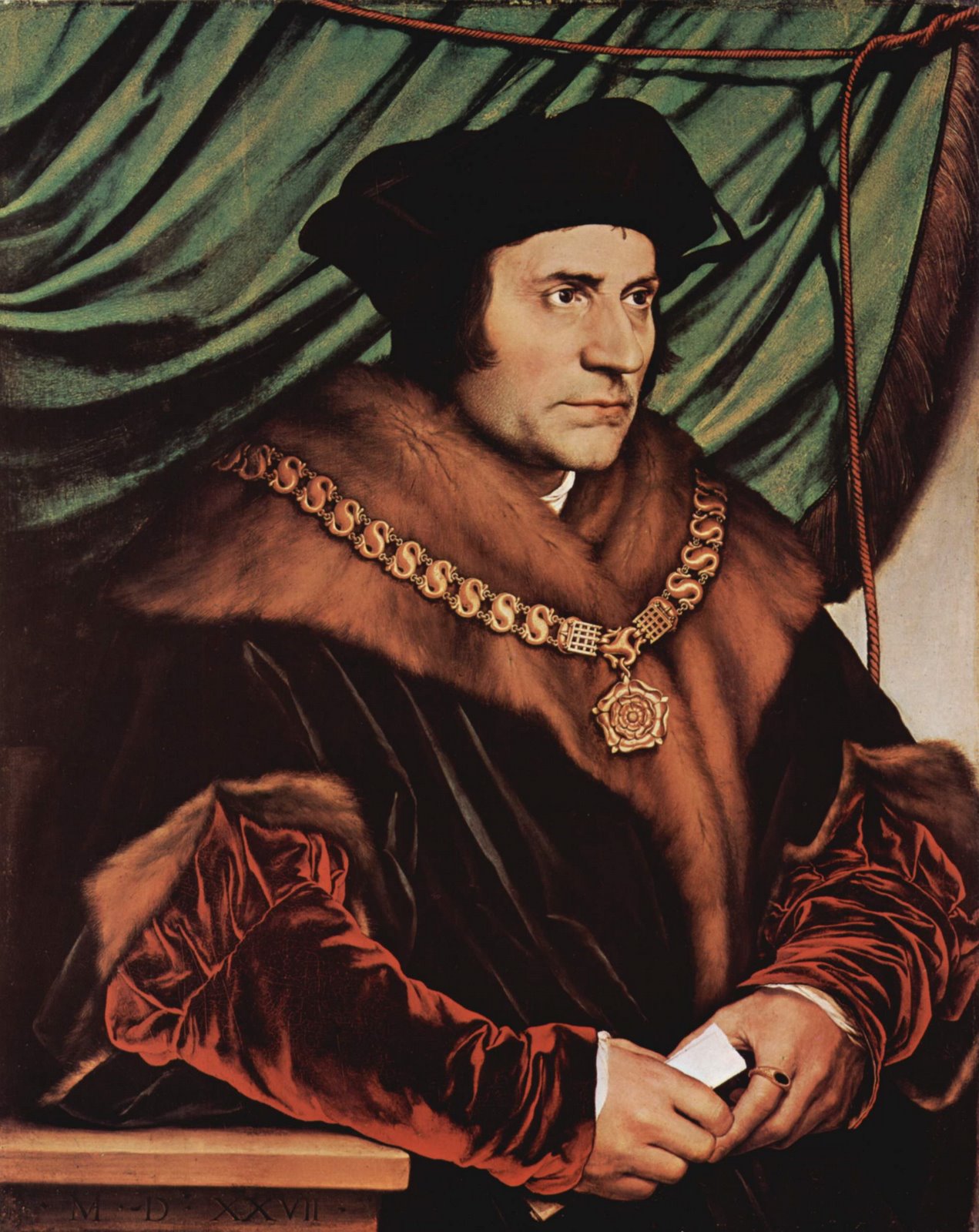It is no small source of frustration for me that I seem to get ideas for blog posts like these - where I could literally write for hours on end - just before my bedtime every night. As such, I rarely touch on all the subjects I want to address, and this is no exception.
I want to do this topic justice, so I'll start with a bit of an intro and hopefully develop the topic further in related posts in the coming days and weeks.
To begin simply, our sense of right and wrong is largely governed by the priority we assign to values. For instance, the devout Catholic places a great value on human life in all its stages, and regards the taking of human life at any stage as a great tragedy. The only thing the Catholic faith calls us to value more highly than the dignity of the human person and his right to live is the Triune God Himself. This explains why choosing martyrdom before denying God or the true faith by which we express our devotion to Him is considered an act of heroic virtue, while sacrificing one's life for the sake of something less valuable - like, say, a tree - is considered a waste of a human life.
Or take, for instance, the value we place on the safety and well-being of the people we love. Ordinarily, it would be wrong to cause harm to another human being; but when acting in the defense of a loved one who has come under assault, the use of force against the assailant can be justified, even if the force exerted harms the assailant in the process (taking care, of course, that the harm caused is not disproportionate to the harm intended or feared. It is not right to kill someone who was trying to slap your sister in the face, though it might be justifiable to use lethal force against someone who was trying to attack your sister with a knife, as the latter case clearly requires a greater use of force than the former case).
Understanding the proper hierarchy of values plays a large role in understanding the basic principles of right and wrong in moral theology and philosophical ethics. This is a topic that has been in my heart of late because I have seen first hand how a relativistic mindset can severely warp how a person views right and wrong actions. The relativist is inclined to deny the concept of a hierarchy of values, believing in principle that all values are equal (even if the relativist does not truly believe this in practice). This warped view of the hierarchy of values explains, for instance, how a group like PETA can consider animals to have the same intrinsic worth as human beings. It also plays a large role in explaining how a pro-abortionist can argue that a "woman's right to choose" can take precedence over the life of the unborn child.
Just a snippet for starters. I really want to develop this topic more. In the meantime, feel free to comment or even to offer suggestions on how to get this started. God bless!
In Jesus and Mary,
Gerald
Subscribe to:
Post Comments (Atom)





1 comment:
I agree. Was this post continued?
Post a Comment